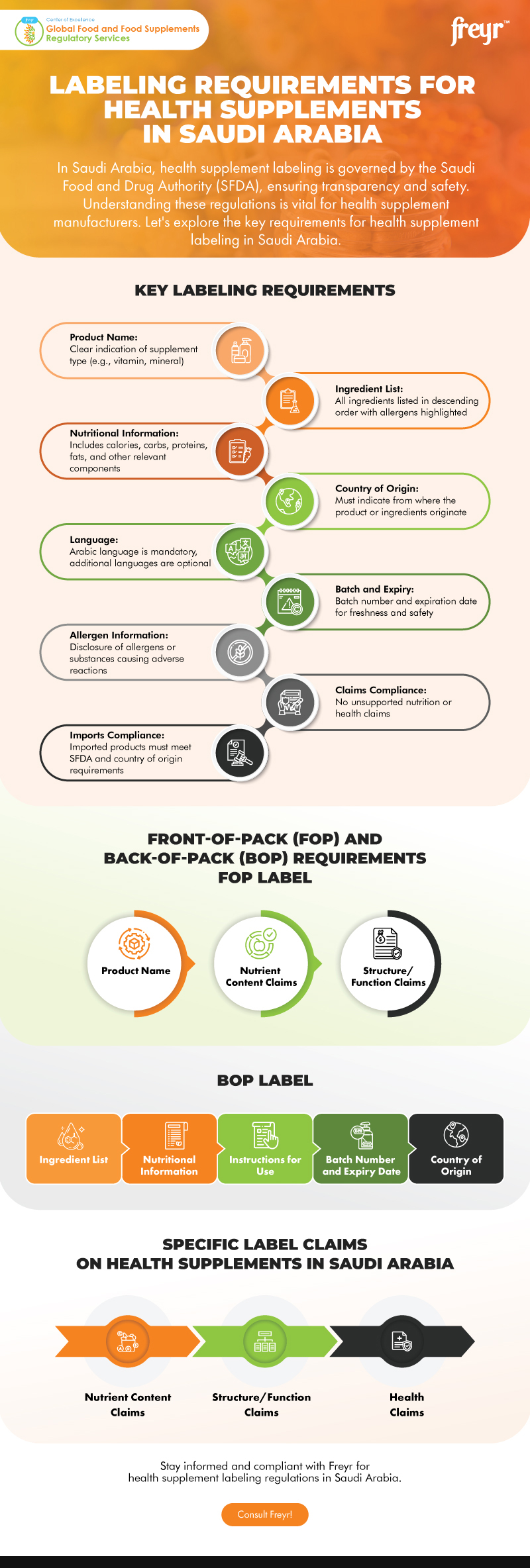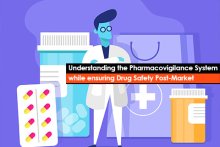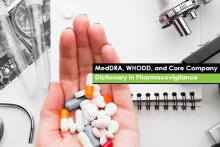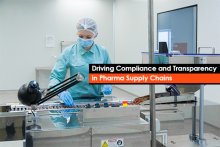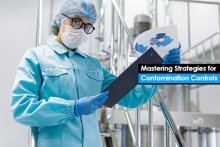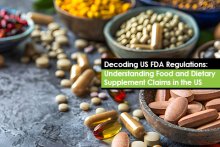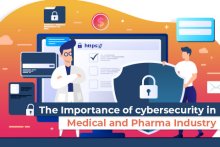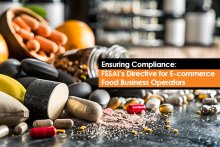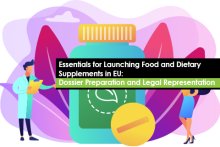Understanding the Pharmacovigilance System while ensuring Drug Safety Post-Market
The world of pharmaceuticals is ever evolving, with new drugs/devices/cosmetics being introduced to the market regularly. While clinical trials provide initial safety and efficacy data, the true test of a pharmaceutical product’s impact (both positive and negative) comes when it is used widely by a diverse population, i.e., in the post-marketing setting. This is where pharmacovigilance (PV) systems play a critical role. PV is the science and activities related to detecting, assessing, understanding, and preventing adverse effects or any other drug-related problem.
MedDRA, WHODD, and Core Company Dictionary in Pharmacovigilance
In the critical arena of pharmacovigilance, where even minor inconsistencies can have life-altering consequences, standardized terminologies are the bedrock of drug safety. These shared languages, like MedDRA (Medical Dictionary for Regulatory Activities), WHO-DD (WHO Drug Dictionary), and Core Company Dictionary, act as powerful tools for ensuring clear, consistent communication and analysis of adverse events and drug reactions. Let's explore the significance of each of these dictionaries and how they act in concert to safeguard public health.
Driving Compliance and Transparency in Pharma Supply Chains
The pharmaceutical industry is a critical component of the global healthcare system, providing life-saving medications to millions of people. However, the complexity of pharmaceutical supply chains can lead to challenges in ensuring the quality, safety, and availability of medicines. To address these challenges, the industry must focus on driving compliance and transparency throughout the supply chain.
Mastering Strategies for Contamination Controls
Maintaining stringent contamination control measures is paramount to ensuring product safety, efficacy, and regulatory compliance. Contamination can jeopardize the quality of pharmaceutical products, compromise patient safety, and result in costly recalls. Therefore, implementing robust strategies for contamination control is imperative. In this blog, we'll delve into key strategies that pharmaceutical companies can adopt to master contamination control effectively.
Decoding US FDA Regulations: Understanding Food and Dietary Supplement Claims in the US
The United States (US) is home to a vast array of food and dietary supplements, each claiming to offer a unique set of benefits for consumers. From vitamins and minerals to herbal supplements and protein powders, the market is flooded with products promising to improve health, manage health conditions, and reduce risks of diseases. However, with so many options available, it can be challenging for consumers to make informed decisions about which products to choose.
Importance of Cybersecurity in Medical and Pharma Industries
Over the past few years there has been a gradual increase in medical devices and technologies, consisting of sensitive data of high monetary and intelligence value along with patient/institution information. To avoid loss and destruction of intellectual property, cybersecurity in the pharmaceutical industry is crucial and non-negotiable.
Cybersecurity threats faced by pharmaceutical companies:
Ensuring Compliance: FSSAI’s Directive for E-commerce Food Business Operators
In today’s digital age, e-commerce platforms have become the go-to destination for purchasing a wide range of goods, including food products. However, ensuring the safety and accuracy of products that are sold online is paramount. The Food Safety and Standards Authority of India (FSSAI) has recently issued a directive specifically targeting e-commerce Food Business Operators (FBOs) to ensure accurate categorization, packaging, labeling, advertising, and claims of food products sold on their platforms.
Essentials for Launching Food and Dietary Supplements in EU: Dossier Preparation and Legal Representation
When it comes to consumer safety and compliance with regulations, the European Union (EU) is known for having strict standards. Businesses wanting to sell their food and dietary supplements in the EU must follow these rules carefully. At the core of this process lies the preparation of a comprehensive Regulatory dossier and meticulously compiling vital data and documents necessary for ensuring product compliance in the market.

